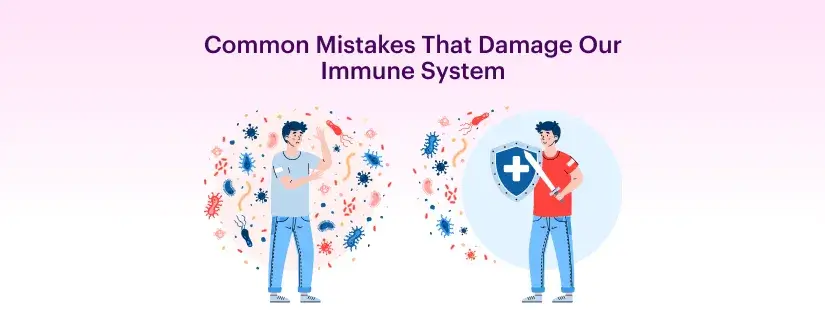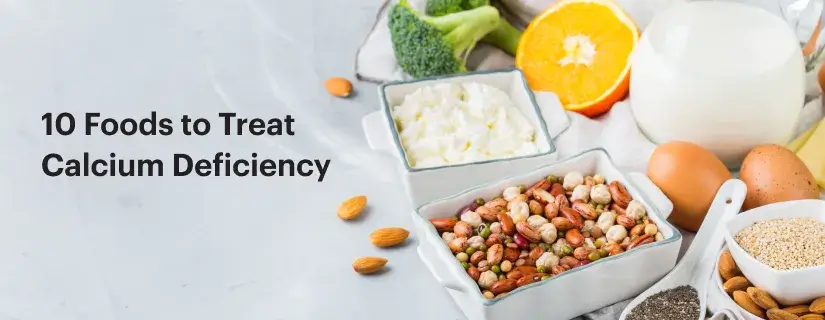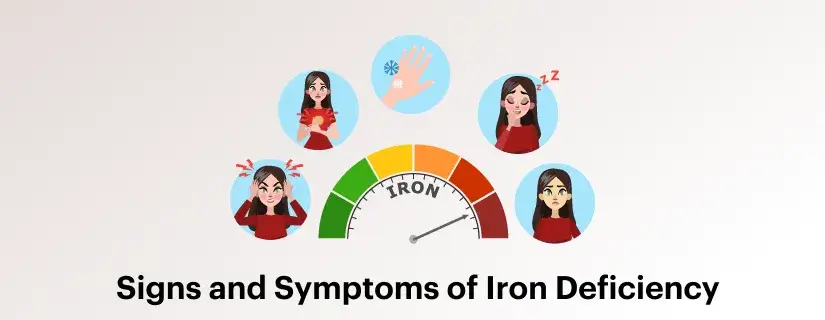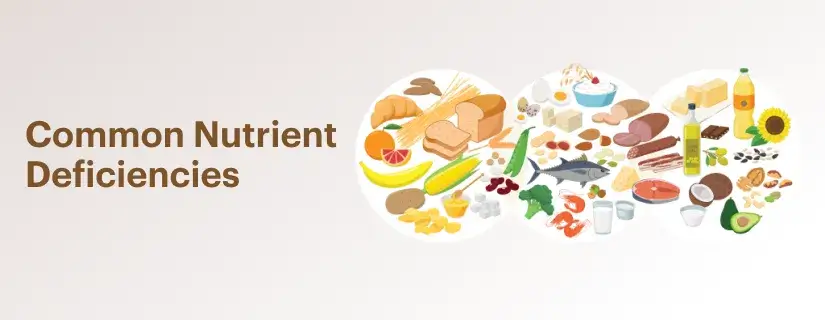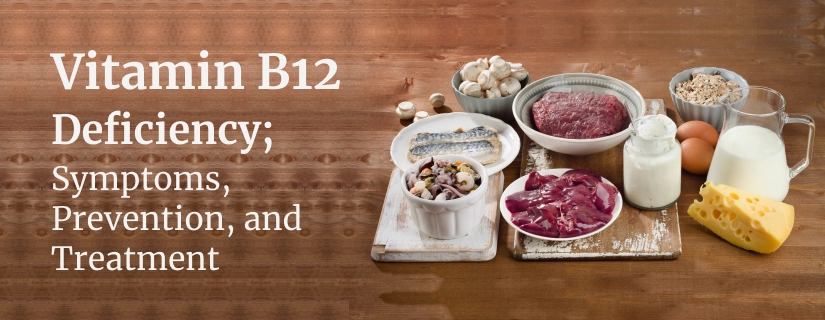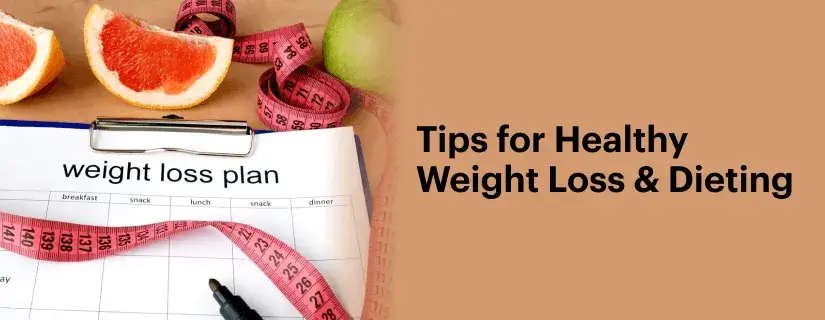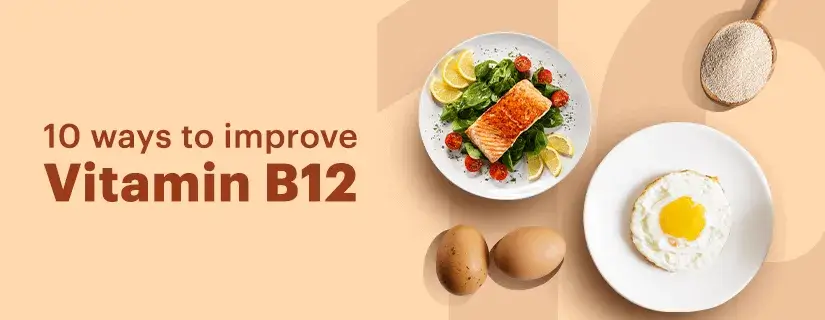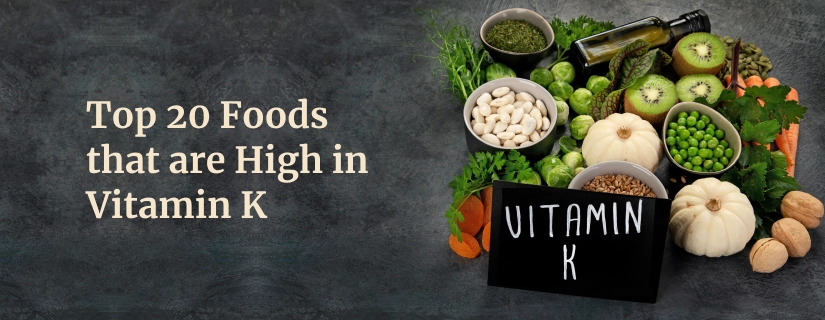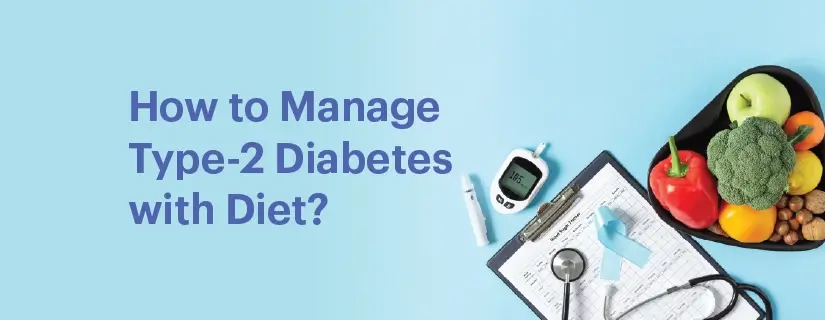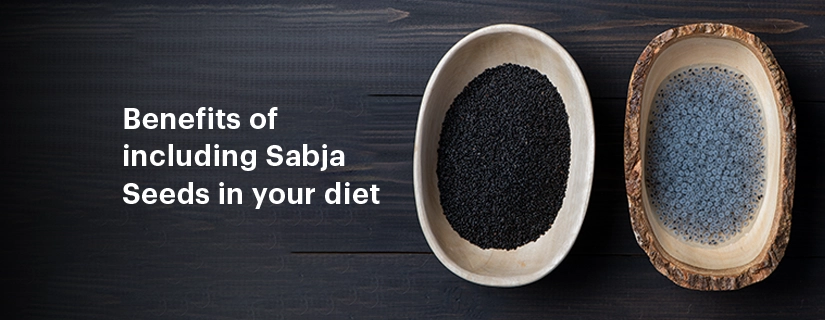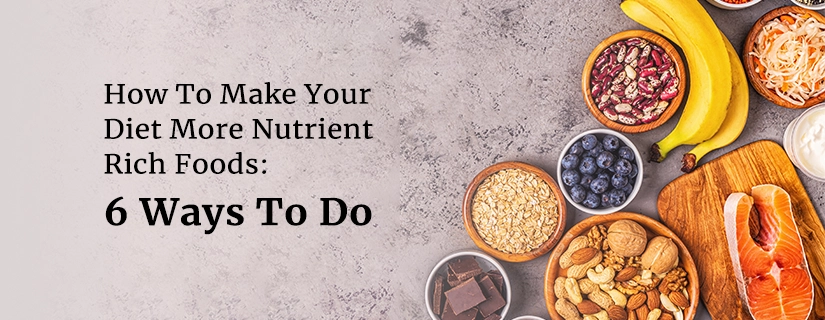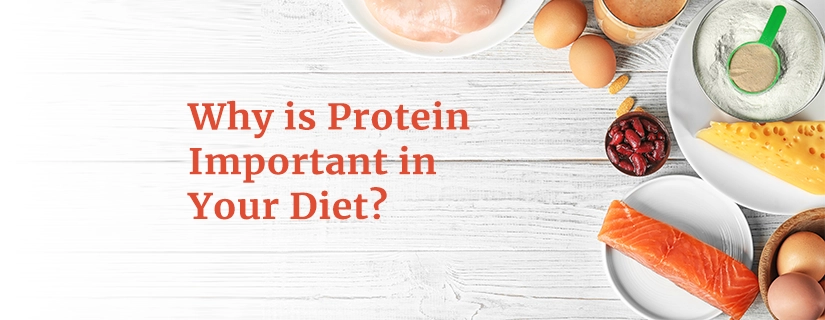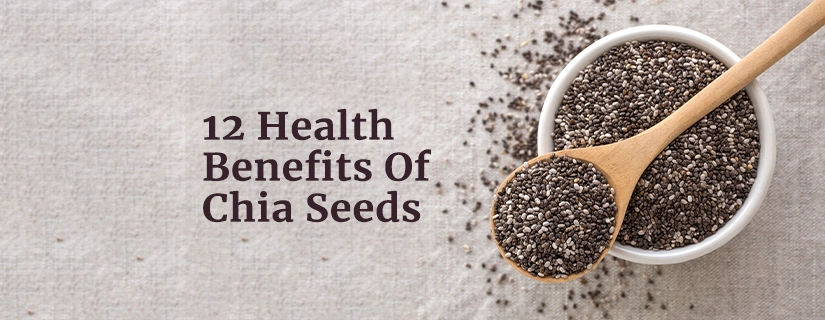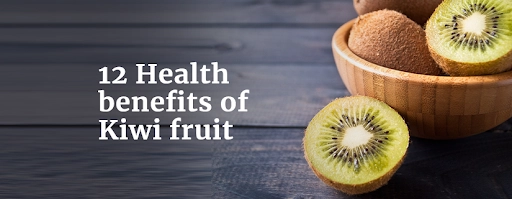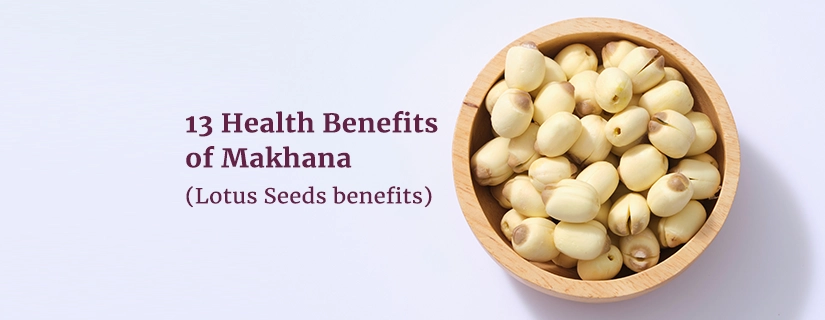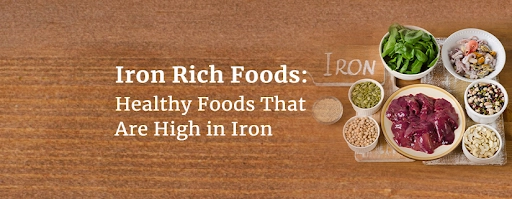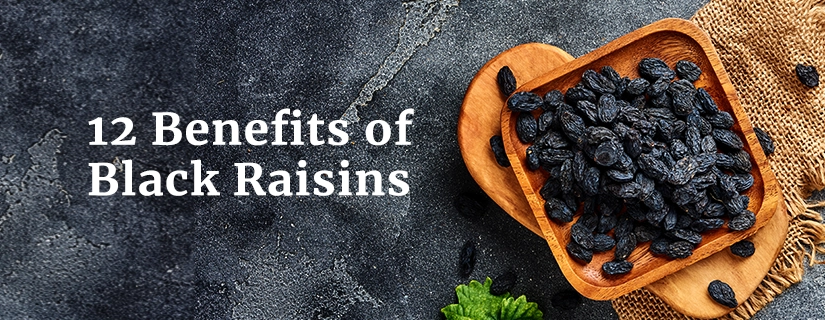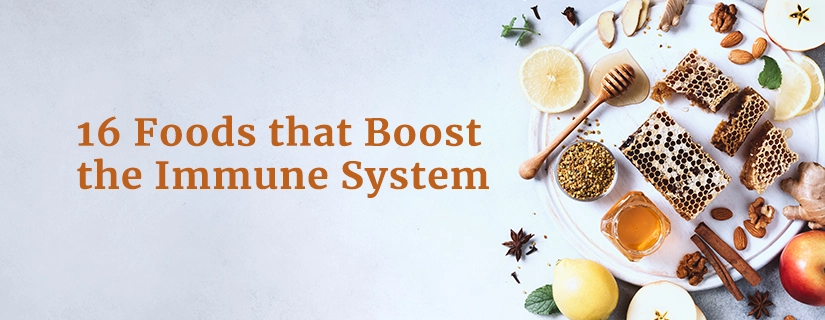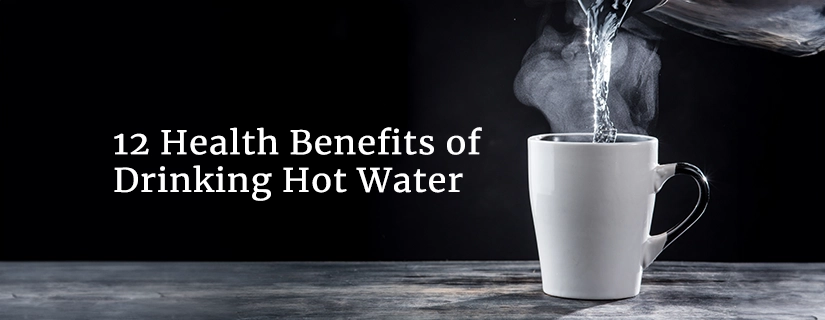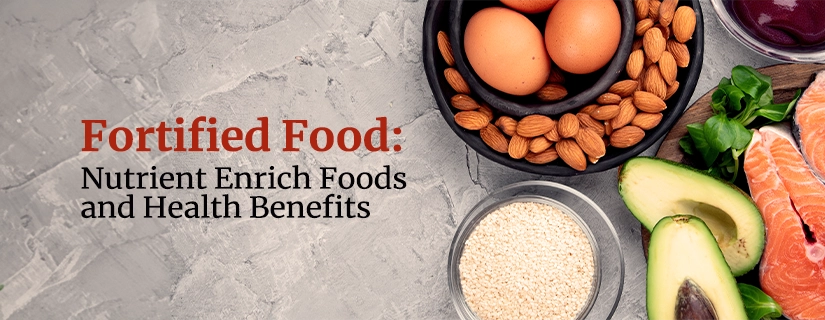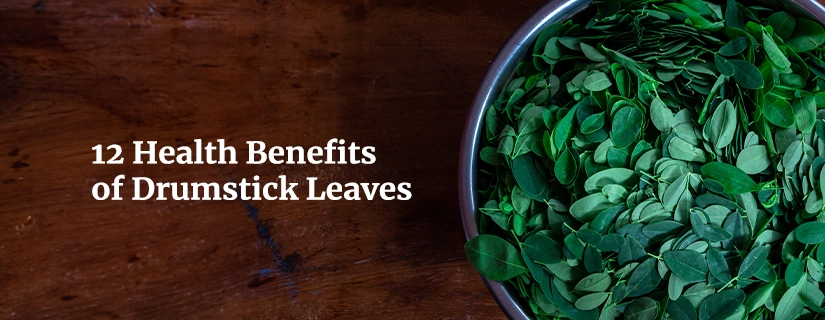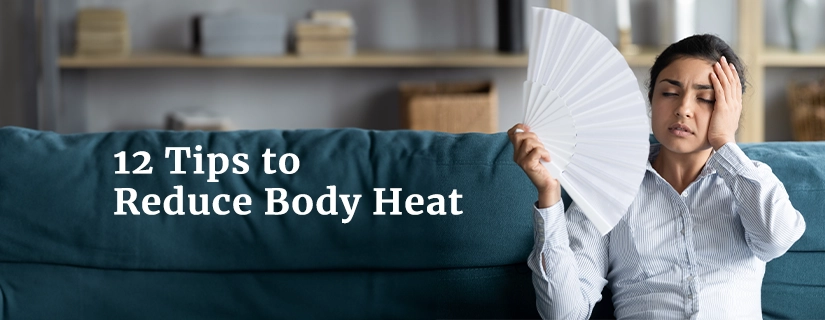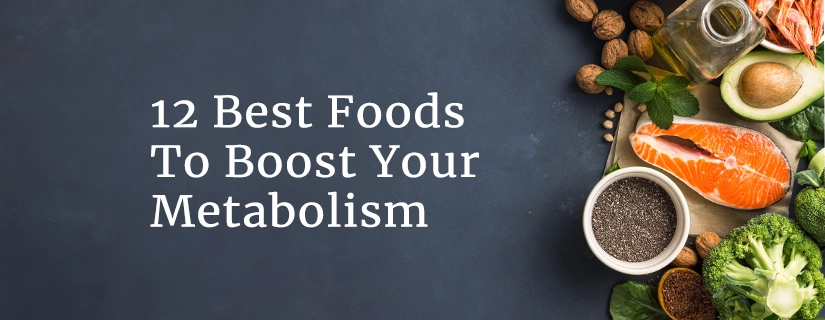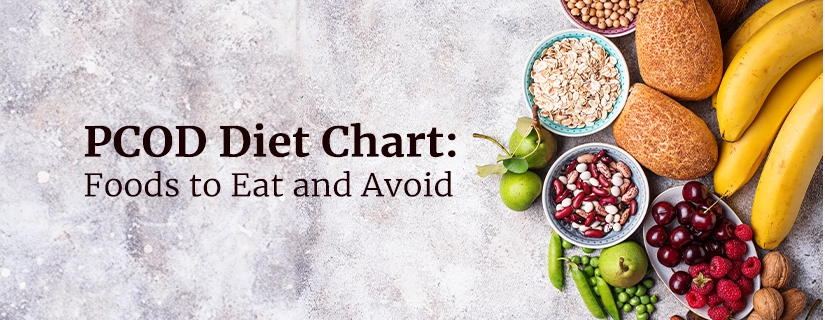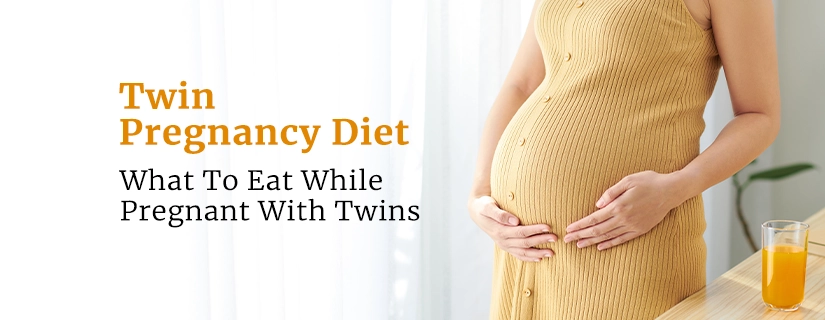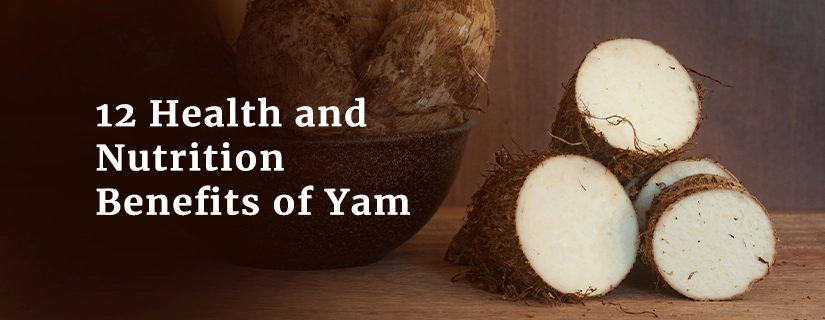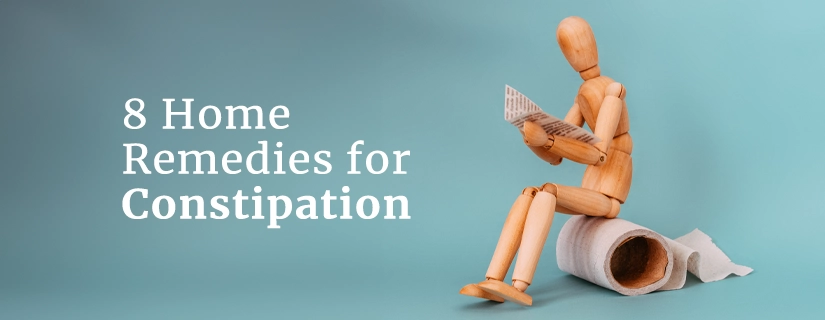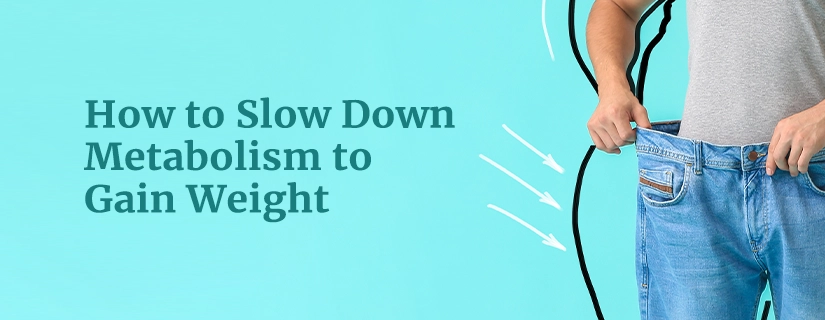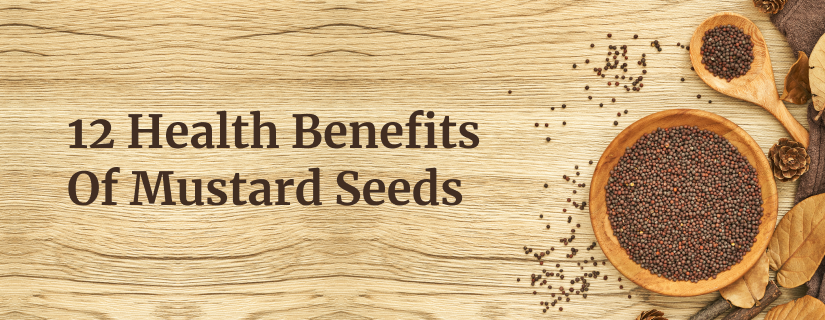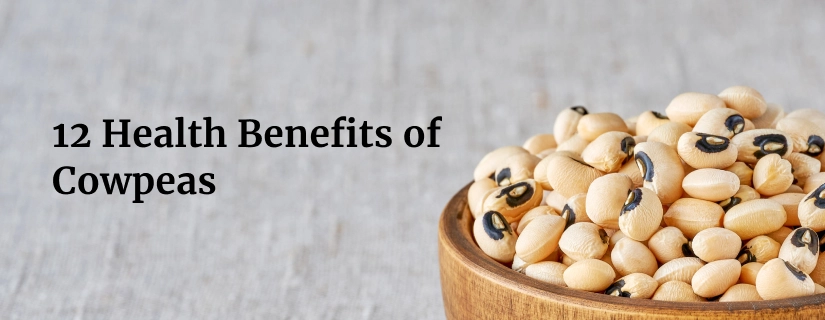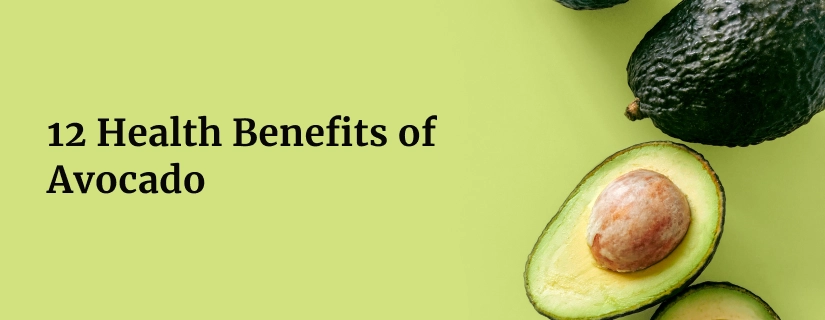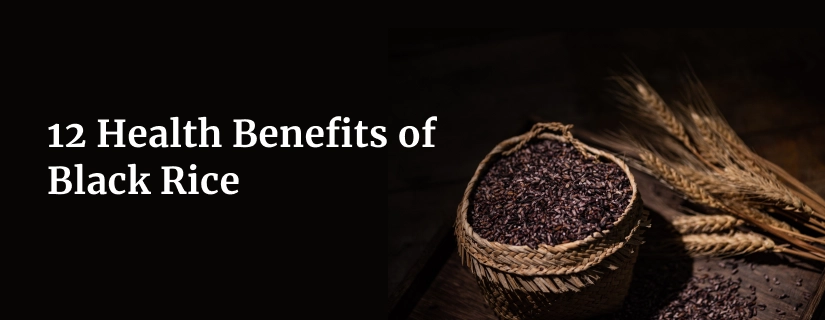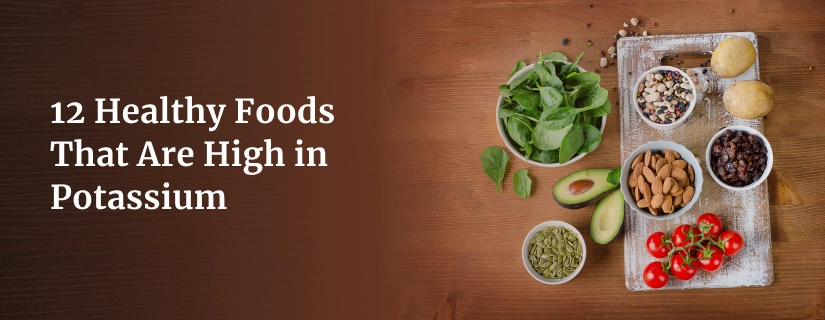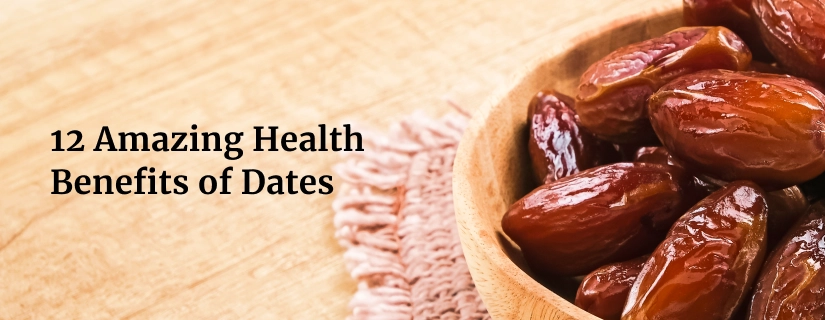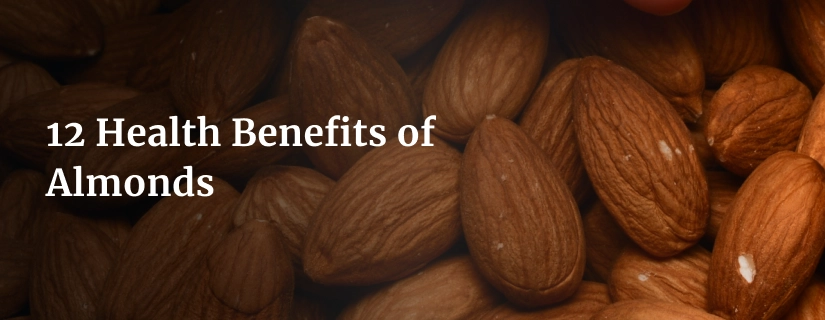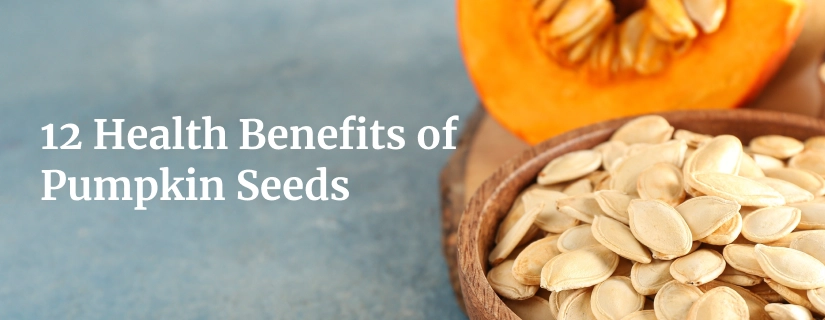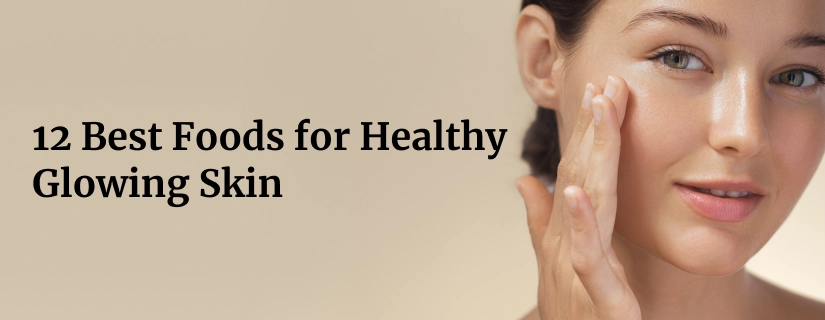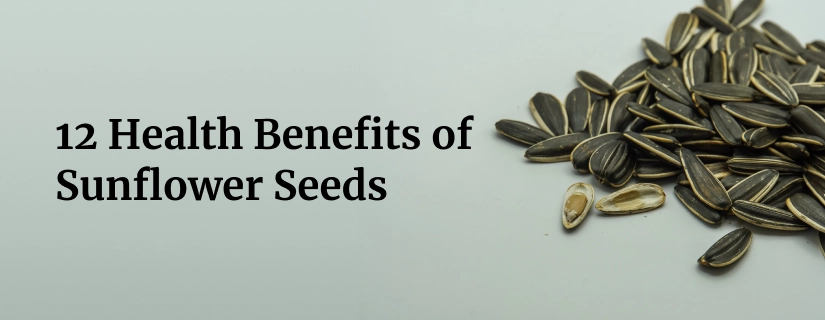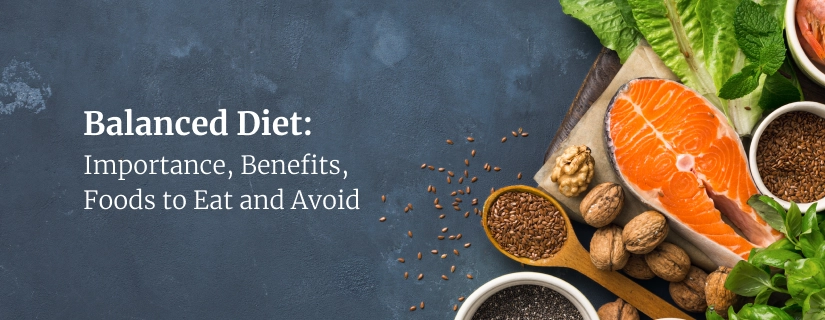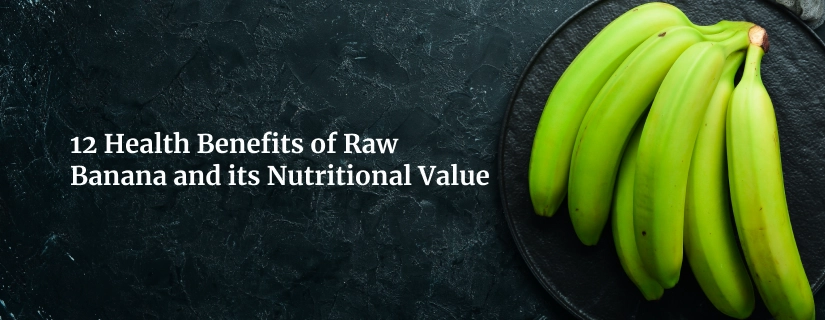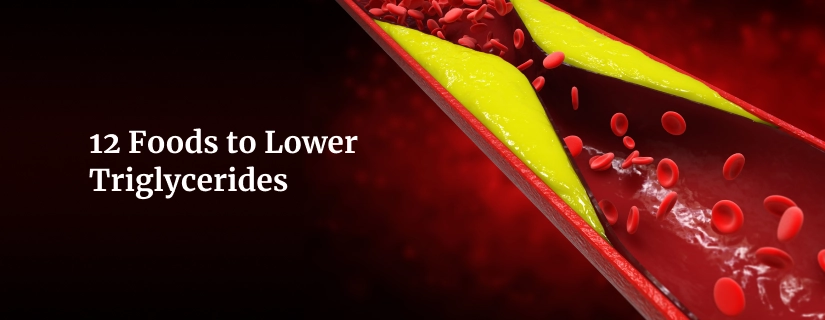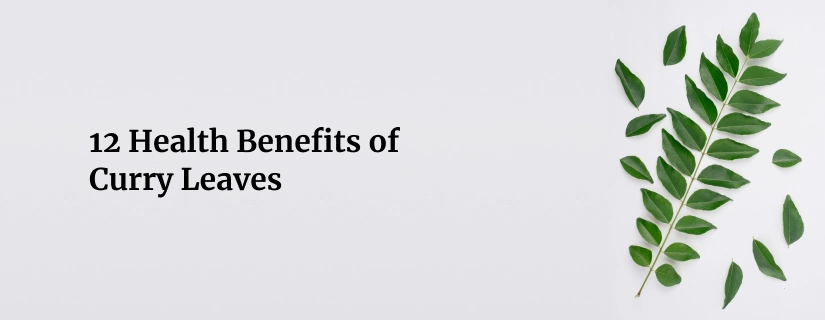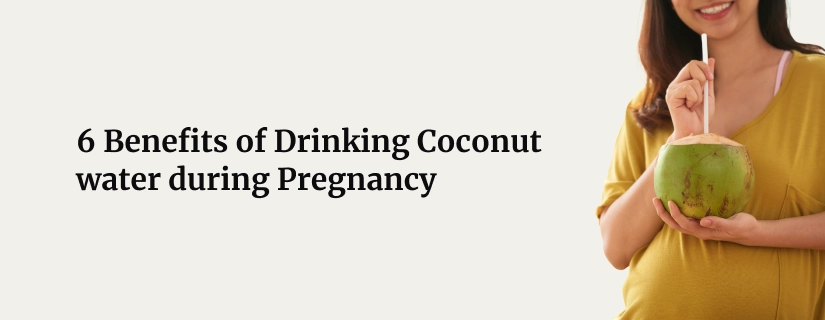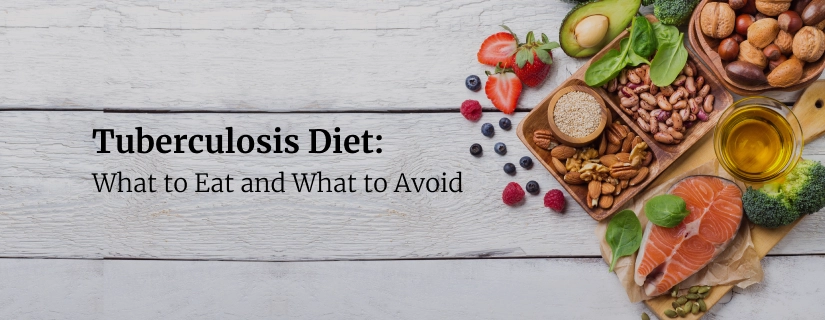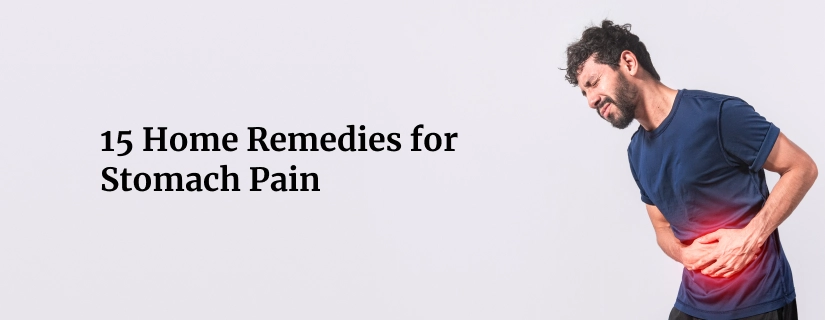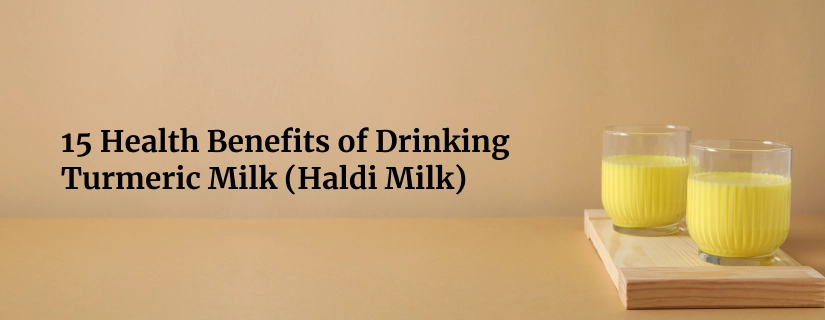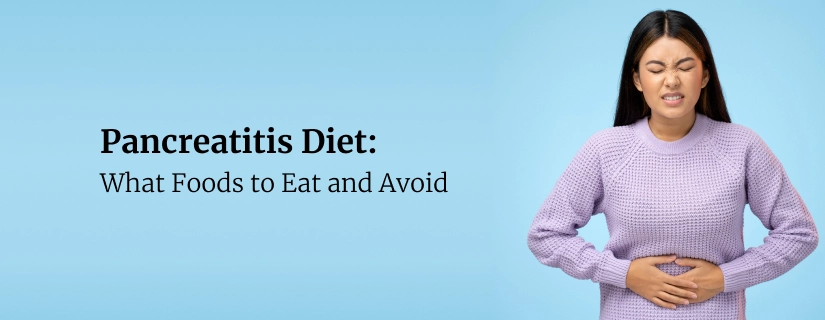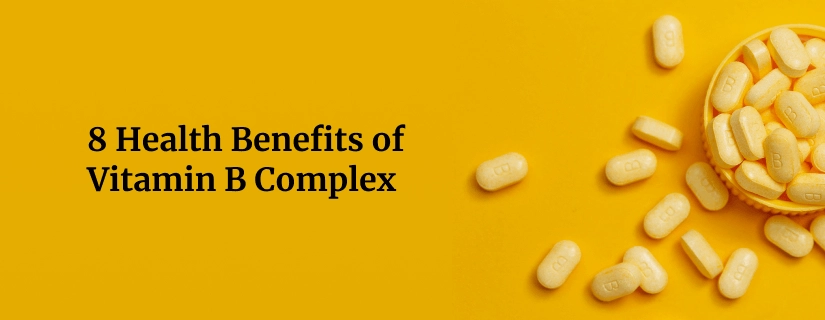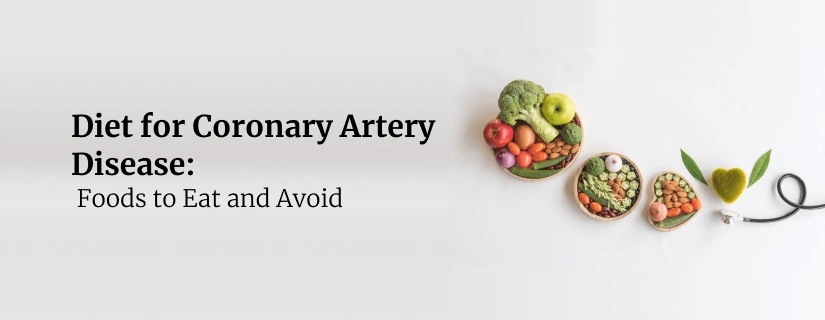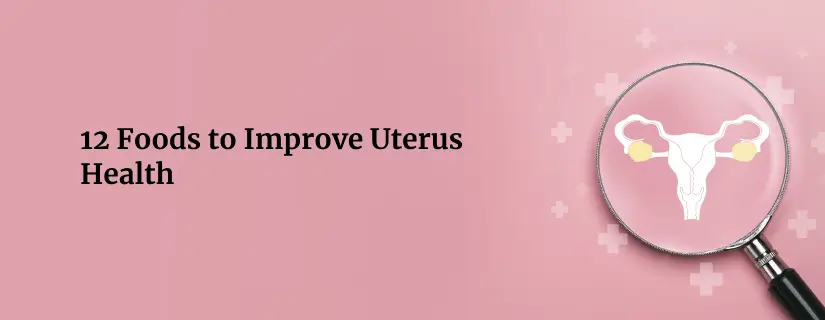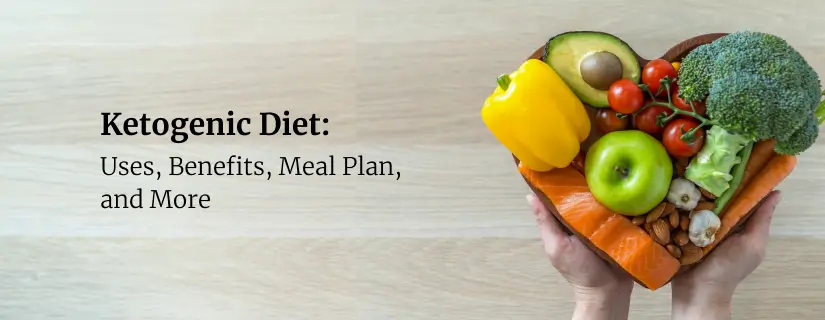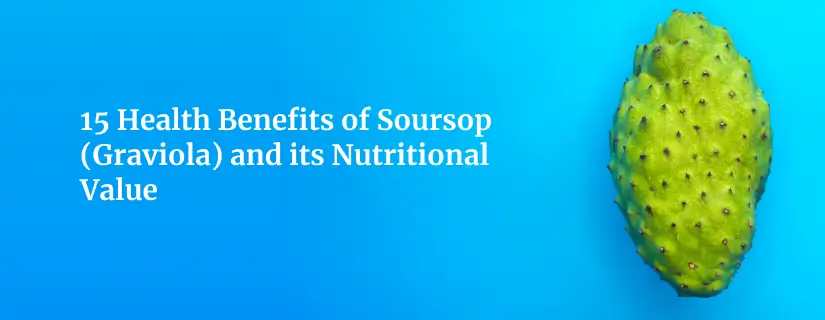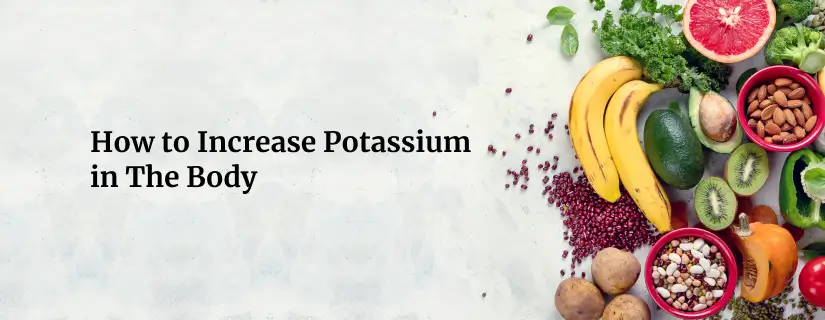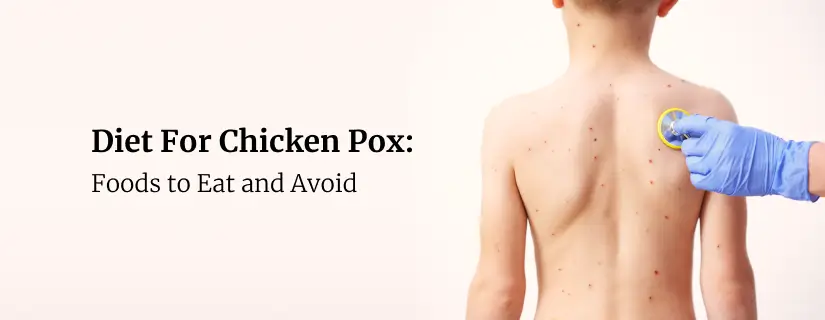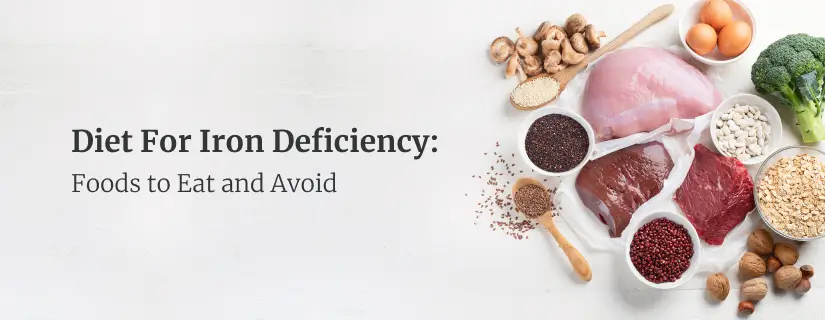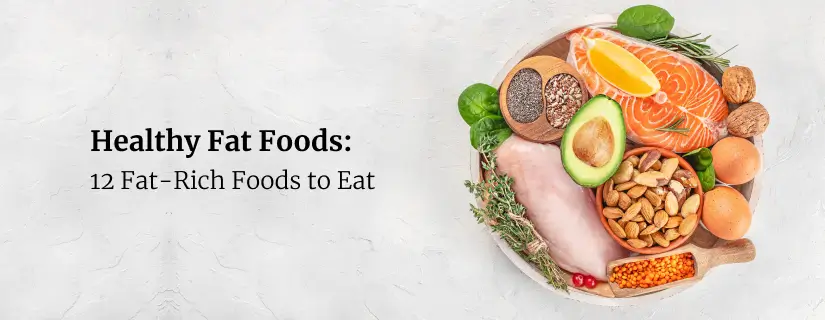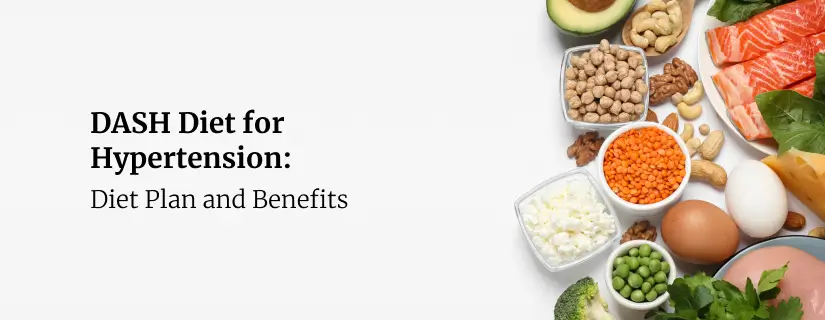-
Doctors
-
Specialities & Treatments
Centre of Excellence
Specialties
Treatments and Procedures
Hospitals & Directions HyderabadCARE Hospitals, Banjara Hills CARE Outpatient Centre, Banjara Hills CARE Hospitals, HITEC City CARE Hospitals, Nampally Gurunanak CARE Hospitals, Musheerabad CARE Hospitals Outpatient Centre, HITEC City CARE Hospitals, Malakpet
HyderabadCARE Hospitals, Banjara Hills CARE Outpatient Centre, Banjara Hills CARE Hospitals, HITEC City CARE Hospitals, Nampally Gurunanak CARE Hospitals, Musheerabad CARE Hospitals Outpatient Centre, HITEC City CARE Hospitals, Malakpet Raipur
Raipur
 Bhubaneswar
Bhubaneswar Visakhapatnam
Visakhapatnam
 Nagpur
Nagpur
 Indore
Indore
 Chh. Sambhajinagar
Chh. SambhajinagarClinics & Medical Centers
Book an AppointmentContact Us
Online Lab Reports
Book an Appointment
Consult Super-Specialist Doctors at CARE Hospitals
Which Vitamin Deficiency Causes Hair Loss?
Updated on 5 May 2023
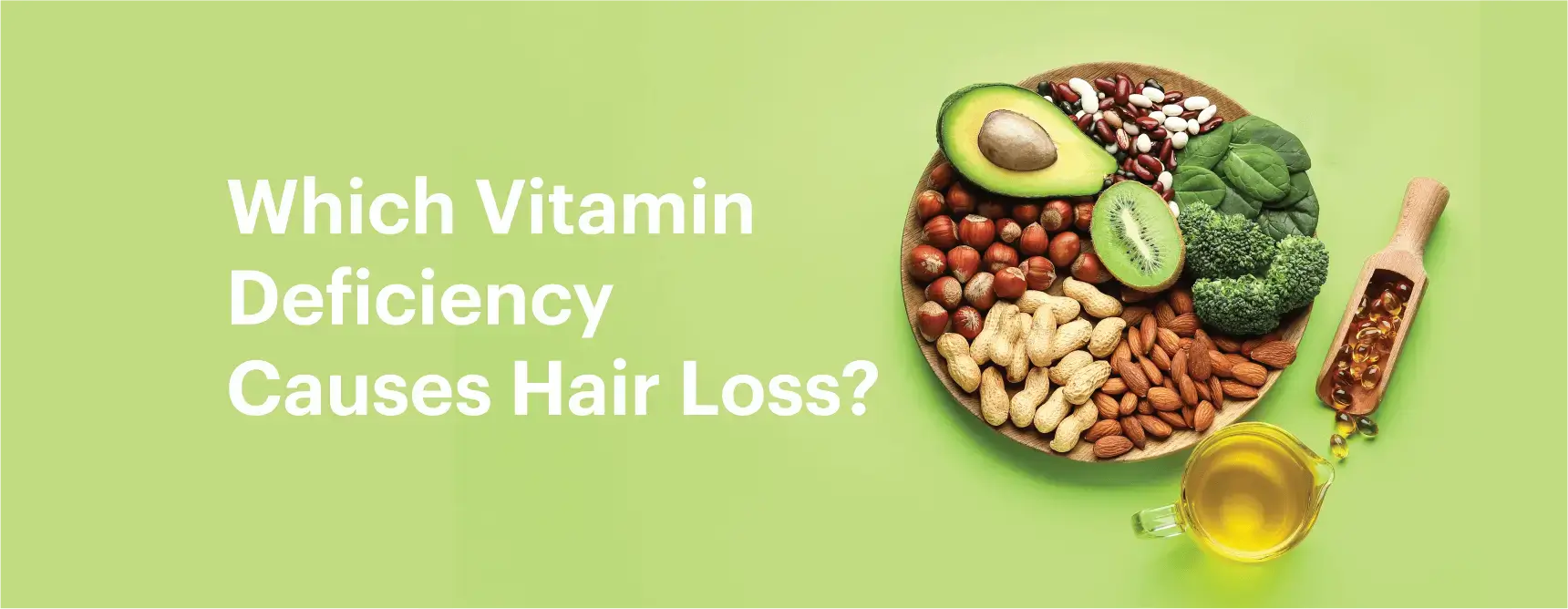
Table of Content
- Vital Nutrients
- What is Vitamin D?
- Importance of Vitamins for Hair Health
- What does Vitamin D do in our Body?
- Vitamin D Deficiency Symptoms
- Which Vitamin Deficiencies Cause Hair Loss?
- Can Vitamin D Deficiency Cause Hair Loss?
- Diagnosing Deficiency
- Treating Deficiency
- Lifestyle Changes
- How Long till Deficiency is Gone?
Nutritional deficiency can lead to hair problems. Not getting enough of the right nutrients can lead to hair loss and other health problems.
There are many possible causes of hair loss and some of the deficiencies that can cause drastic hair loss are vitamin D, biotin, and iron deficiency. Some important vitamins are A and E, and vitamin deficiency causes hair loss. These vitamins are important for keeping the scalp healthy and promoting new hair growth.
Vital Nutrients
Iron helps transport oxygen to the cells, which is necessary for cell growth and repair. Iron deficiency can cause anemia, which leads to fatigue and weak, thinning hair. Biotin is a water-soluble vitamin that helps metabolize fat and protein, and its deficiency can cause dry skin, brittle nails, and hair loss. Vitamin deficiency needs to be addressed to cure these problems.
What is Vitamin D?
Vitamin D is a fat-soluble vitamin that is naturally present in very few foods like fatty fish and eggs, added to others like fortified milk and available as a dietary supplement for those who do not get enough Vitamin D. It keeps our bones and muscles healthy. Indirectly Vitamin D helps to regulate the production of new hair cells. It can also be made in the body when ultraviolet rays from the sunlight hit the skin and trigger vitamin D synthesis. It promotes calcium absorption in the gut and immune system function.
Vitamin D is essential for the body to absorb calcium and phosphorus from the diet and maintain healthy bones.
Importance of Vitamins for Hair Health
Vitamins are essential for healthy hair. Biotin, Vitamin A, Vitamin E, Vitamin D, Vitamin C, and B vitamins contribute to hair growth, strength, and scalp health. They support processes like keratin production, collagen synthesis, and follicle maintenance, promoting better hair health. Maintaining a balanced diet rich in these vitamins is key for optimal hair condition.
Vitamins play essential roles throughout the hair growth cycle, providing the necessary nutrients for the healthy development and functioning of hair follicle cells. These nutrients support crucial processes such as protein synthesis, vital for the production of hair protein strands. Additionally, antioxidant vitamins play a role in safeguarding hair cells from oxidative stress, while B vitamins contribute to cellular metabolism and growth.
When vitamin levels drop too low, hair follicles may struggle to support healthy hair production. Nutrient deficiencies can disrupt the intricate processes involved, putting the health of the hair at risk. Such deficiencies may lead to issues like excessive shedding, slow growth, thinning, dull and dry strands, changes in texture, and patchy hair loss. Addressing and rectifying any vitamin deficiencies is crucial for restoring the nourishment needed for optimal hair health.
What does Vitamin D do in our Body?
Vitamin D is metabolized in the epidermis by keratinocytes, which are skin cells that are responsible for the production of keratin, a protein found in hair, nails, and skin. When the body lacks vitamin D, keratinocytes are less effective in producing hair in hair follicles and in removing dead skin cells.
Keratin makes up the structure of hair, skin, and nails. Keratin is a protein that is found in the skin, nails, and hair. It gives these tissues strength and elasticity. The body produces keratin naturally, but it can also be found in certain foods and supplements.
Keratin is essential for healthy skin, nails, and hair. It helps these tissues to stay strong and flexible. The body produces keratin on its own, but it can also be found in some foods and supplements. Keratin is an important protein for overall health and beauty. Vitamin D has also been shown to help with skin cell turnover, which can help reduce the appearance of wrinkles. By taking supplements or eating foods rich in these nutrients, you can help keep your skin looking young and healthy.
Vitamin D Deficiency Symptoms
A lack of vitamin D can lead to conditions such as rickets (softening and weakening of bones) in children and osteomalacia (bone pain and weakness) in adults. Vitamin D deficiency has also been linked to brittle nails, and dry skin.
Since calcium is important for healthy hair follicles and Vitamin D helps with calcium absorption, Vitamin D hair loss looks like slow or stunted hair growth and weak and brittle hair follicles. It also causes weak bones.
Symptoms of vitamin D deficiency also include fatigue, muscle weakness, and bone pain. If you’re concerned about hair loss and have any of these symptoms, talk to your doctor. They can help you determine if a deficiency is a cause, and if so, how to treat it.
Which Vitamin Deficiencies Cause Hair Loss?
Several vitamin deficiencies can contribute to hair loss:
- Biotin (Vitamin B7) Deficiency: Essential for hair growth, a deficiency may lead to brittle hair and hair loss.
- Vitamin A Deficiency: Excess or deficiency of Vitamin A can cause hair loss.
- Vitamin D Deficiency: Linked to hair loss and inadequate follicle health.
- Vitamin E Deficiency: Lack of this antioxidant might contribute to oxidative stress on hair follicles, leading to hair loss.
- Vitamin C Deficiency: Affects collagen production, which is essential for hair structure. Its deficiency may lead to weak hair prone to breakage.
- Vitamin B Deficiencies (especially B12 and Biotin): Play a crucial role in hair growth and strength. Deficiencies in these B vitamins can result in hair thinning or loss.
Maintaining a balanced diet with adequate vitamins and nutrients is crucial to prevent deficiencies that could contribute to hair loss. If experiencing significant hair loss or suspecting a vitamin deficiency, consulting a healthcare provider for proper evaluation and guidance is recommended.
Can Vitamin D Deficiency Cause Hair Loss?
Yes, Vitamin D deficiency has been associated with hair loss. Adequate levels of Vitamin D are important for maintaining healthy hair follicles. Research suggests that low levels of Vitamin D may contribute to hair loss, although the exact mechanisms aren't fully understood.
Vitamin D plays a role in the hair growth cycle, and its deficiency might impact hair follicle health, potentially leading to hair thinning or excessive shedding. However, more studies are needed to establish a direct cause-and-effect relationship between Vitamin D deficiency and hair loss.
If experiencing hair loss or suspecting a Vitamin D deficiency, it's advisable to consult a doctor for proper evaluation, including blood tests to assess Vitamin D levels, and to determine appropriate treatment or supplementation if necessary.
Diagnosing Deficiency
Vitamin D deficiency is diagnosed when the level of vitamin D in the blood is below 30 ng/mL. The most common way to test for vitamin D levels is through a blood test.
The level of 25-hydroxyvitamin D in the blood is measured through a simple blood test. Another way to diagnose vitamin D deficiency is to look at the levels of calcium and phosphorus in the blood. If these levels are low, it may be a sign of vitamin D deficiency.
Vitamin D levels can also be checked through a urine test, but this is less common.
Treating Deficiency
Vitamin D deficiency is treated by replenishing the body's stores of vitamin D. This can be done through dietary supplementation, exposure to sunlight, or artificial ultraviolet light. In severe cases, vitamin D injections may be necessary.
The recommended dose of vitamin D supplement depends on the person's age, weight, and health. Vitamin D supplements are available in the form of pills, capsules, liquids, and injections. It is recommended to take a daily supplement that contains 400 to 800 international units (IU) of vitamin D3. People with severe deficiencies may need higher doses like 4000 IU weekly.
Lifestyle Changes
Implementing specific lifestyle practices can reduce the risk of hair loss and damage while promoting optimal growth:
- Effectively handle emotional stress by engaging in activities such as yoga, meditation, or journaling.
- Cease smoking, as the toxins it introduces can hinder the growth of hair follicles.
- Stimulate circulation through scalp massage to promote a healthier environment for hair growth.
- Safeguard your hair from sun damage by using hats and adopting gentle styling techniques.
How Long till Deficiency is Gone?
The time taken to treat vitamin D deficiency can vary depending on the individual's age, weight, and overall health. Additionally, the severity of the deficiency will also affect how long it takes to treat. Some people may need more or less dose depending on their situation.

ENQUIRY FORM
SELECT CATEGORIES
-
Neurosciences (16)
-
Neurology (37)
-
Neurosurgery (14)
-
Orthopaedics (48)
-
Oncology (33)
-
Obstetrics and gynecology (52)
-
Pulmonology (23)
-
Urology (20)
-
Nephrology (13)
-
Psychiatry (7)
-
Dietetics and Nutrition (111)
-
General Medicine (63)
-
Cardiac Sciences (32)
-
Vascular & Endovascular Surgery and Interventional Radiology (15)
-
Gastroenterology (46)
-
Endocrinology (23)
-
Plastic Surgery (10)
-
Critical Care Medicine (5)
-
COVID-19 (16)
-
Dermatology (16)
-
Emergency Care (1)
-
Ophthalmology (4)
-
Pediatrics (14)
-
Laparoscopic and Bariatric Surgery (8)
-
ENT (15)
-
Kidney Transplant (1)
-
Liver Transplantation and Hepatobiliary Surgery (5)
-
General Surgery (3)
-
Internal Medicine (5)
-
Medicine Information
Pregnancy: Can Certain Foods Improve Baby’s Complexion?
How to Manage Low Blood Pressure with Diet?
YOU MAY ALSO LIKE
RECENT BLOGS
-

Preterm Birth (Premature Birth): Symptoms, Causes, Treatment and Prevention
13 May 2025
Read More
-

Rotablation Angioplasty: Benefits, Treatments, And Recovery Time
9 May 2025
Read More
-

What Is The Difference Between IUI and IVF?
9 May 2025
Read More
-

Venous Malformations: Causes, Symptoms, and Treatment
30 April 2025
Read More
-

Varicose Vein Foam Sclerotherapy: Treatment, Benefits, and Procedure
30 April 2025
Read More
-

Radiofrequency (RF) Ablation Treatment for Varicose Veins: Know More
30 April 2025
Read More
-

Varicose Vein Sclerotherapy: Treatment, Benefits, and Procedure
30 April 2025
Read More
-

Varicose Vein Endovenous Laser Ablation: Procedure, Benefits, Risks
30 April 2025
Read More
Have a Question?
If you cannot find answers to your queries, please fill out the enquiry form or call the number below. We will contact you shortly.




